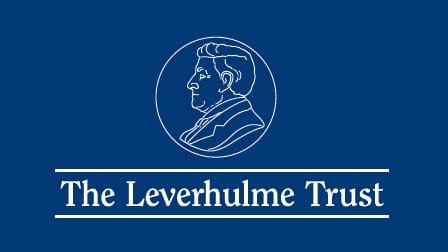Individual Fellowships event
In its capacity as UK National Contact Point for the Marie Skłodowska-Curie Actions, the UK Research Office is holding information events for researchers who are interested in applying for the 2015 MSCA Individual Fellowships, which opened on 12 March 2015 and has a deadline of 10 September 2015. The events are scheduled as follows:
- Leeds Beckett University, Tuesday 5 May 2015
- University of Westminster, London, Wednesday 6 May 2015
Aim of the MSCA Individual Fellowships
Individual Fellowships support the mobility of researchers within and beyond Europe – as well as helping to attract the best foreign researchers to work in the EU. The grant covers salary, research costs and overheads for the host institution. Individual researchers submit proposals for funding in liaison with their planned host organisation. Proposals are judged on their research quality, the researcher’s future career prospects, and the support offered by the host organisation. Fellows can also spend part of the fellowship elsewhere in Europe as a secondment if this would boost impact, and those planning to return to Europe or restarting their research career in Europe benefit from special eligibility conditions.
Who should attend?
The sessions will give a general overview of participation rules and the submission and evaluation processes. Therefore, the sessions are aimed at researchers based in, or moving to, the UK who are planning to submit a proposal to the Individual Fellowships call. Places will be allocated on a first-come, first-served basis.
Programme outline
The event at Leeds Beckett University on 5 May will start at 11:00 and finish at 15:30 (with registration from 10:30).
The event at University of Westminster on 6 May will start at 9:30 and finish at 13:00 (with registration from 9:00).
Please note that lunch will not be provided at either session.
RootFolder=/Lists/MCA1&Source=http://www.ukro.ac.uk/Pages/140326_mca1.aspx


![logo_en[1]](http://blogs.staffs.ac.uk/research/files/2014/10/logo_en1.gif)





